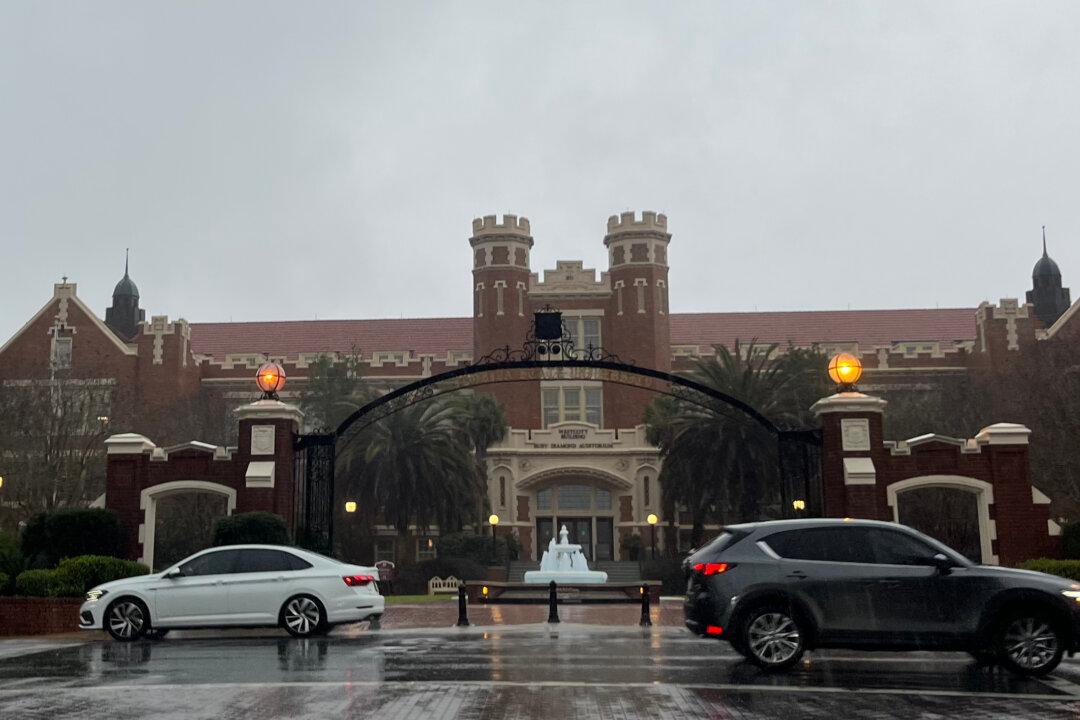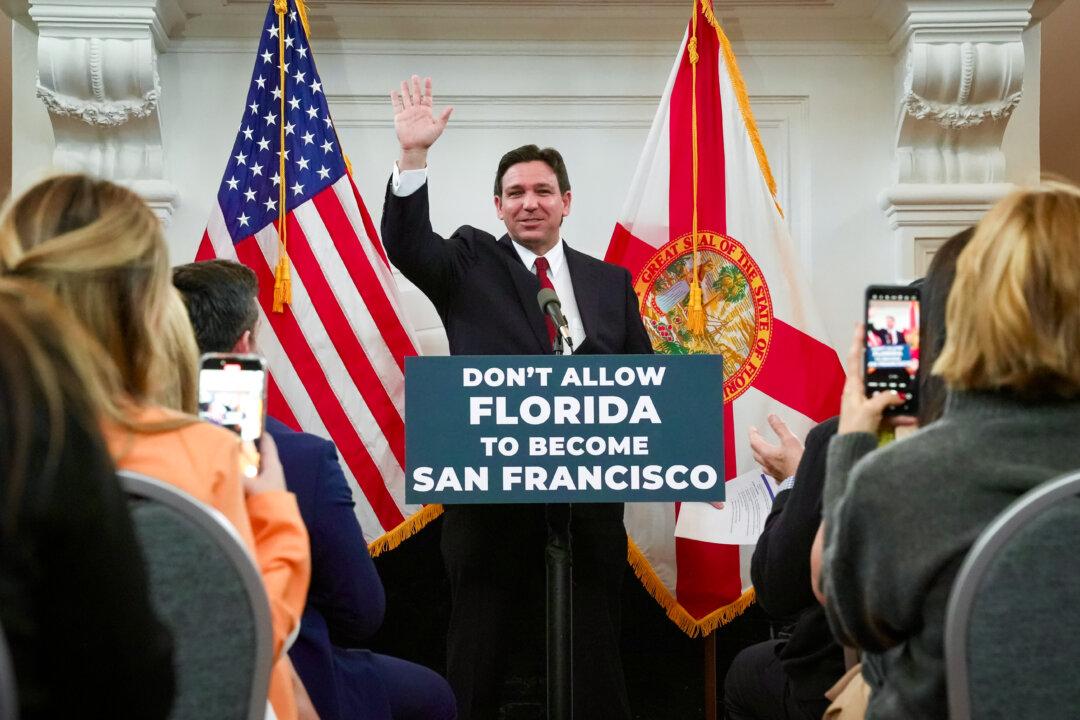College may be less worth it than it was in the past, some experts say.
And there’s an increasing number of people wondering whether a college education really is worth the time, money, and effort, says Jackson Carpenter, founder of the Cultural Currents Institute (CCI), a marketing group that investigates and works to shape trends in public opinion.




